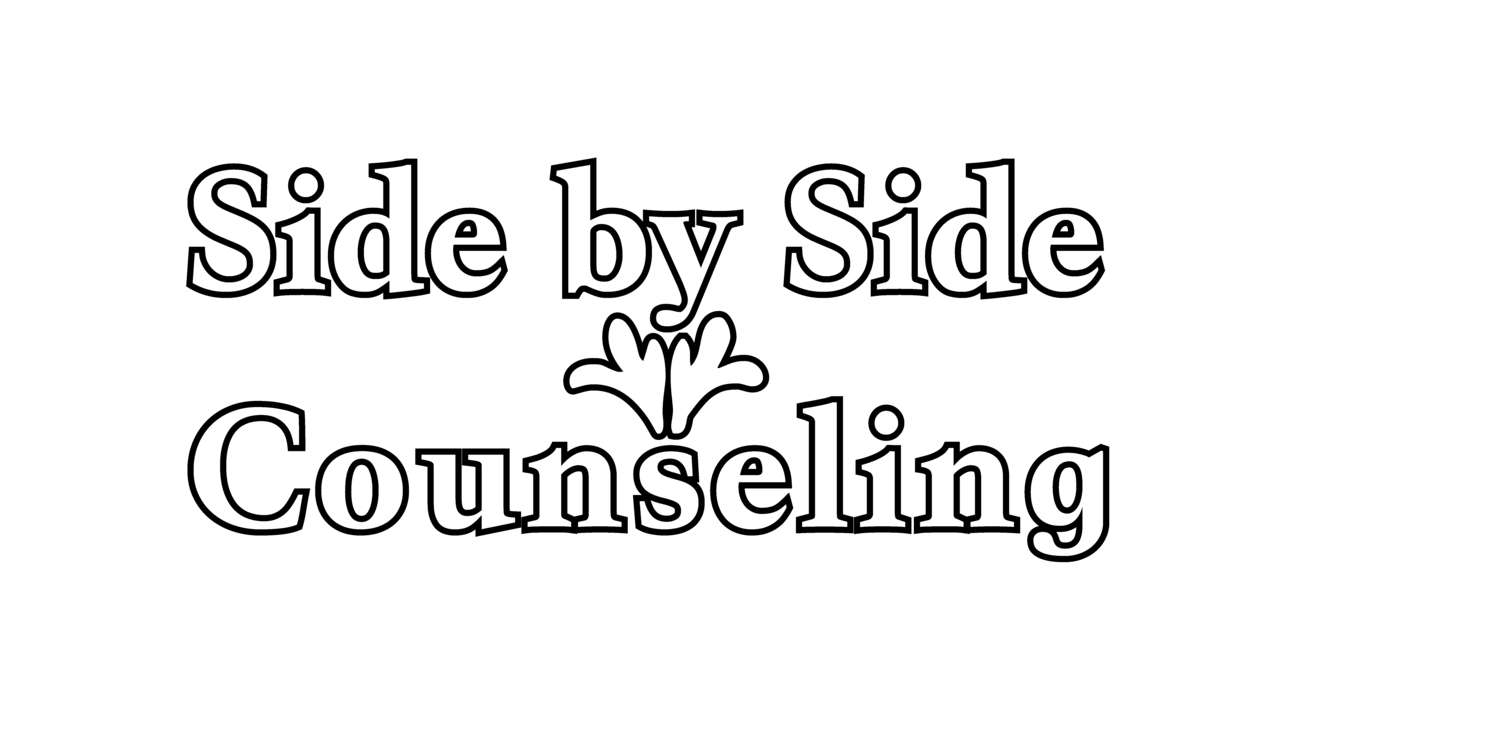Gen Z in the Shadows
September 11, 2021
On September 11, 2001, I came home from work, where I had taken shelter as the terror of the day unfolded, and it was raining inside the living room. At first I thought, “Oh, it’s raining,” as if this were in the forecast, and completely normal. Then a switch clicked in my head and I realized something was very wrong. Water was pouring from a radiator upstairs and through the ceiling, and draining from a light fixture. I needed to turn off the water and electricity immediately, or I could be electrocuted. The world was upside down, and inside out.
The reasons why water was pouring from a radiator in my house that day are mundane and irrelevant to this story. What is relevant is that this event contributed to the surreal feeling that a paradigm had shifted, and that nothing was as it seemed.
This feeling persisted as September 12th came and went, wars were declared, torture sanctioned, the internet and social media ballooned, the big recession hit, economic disparities widened, racism thrived, the climate deteriorated, COVID arrived -- and Gen Z came of age. Gen Z has been much maligned: according to older generations, they are overly anxious, dramatic, over-protected, lacking life skills, risk averse, and addicted to social media. Why can’t they find jobs, we elders wonder? We were working from the age of 14! Why can’t they find housing, we wonder? We were on our own from the age of 17! Why do they have so many mental health needs, we wonder? We learned how to survive hardship on our own, and we’re doing just fine!
There are so many factors contributing to the mental health needs of Gen Z, but the aftermath of 9-11 is one of them. Many adults who parented in the shadows of 9-11, myself included, were living in a constant state of anxiety and fear -- compounded by the desperate, biologically-based need to protect our children. We were scared, and our kids knew it. It was a Herculean task to provide a sense of security for our kids when we felt unsafe ourselves. We compensated by overprotecting.
Somehow, despite these challenges, Gen Z not only managed to survive, but to thrive. On the whole, Gen Z is resilient, funny, and cynical -- and they are fighting for a better future. They want to work and to be financially independent. They want to save our planet. They are closer to their parents than previous generations. They are most certainly anxious, and well-informed about mental health. And they’re not afraid to ask for help.
Gen Z is leading the way for a broader understanding of mental health, which normalizes it, so that it can be accessible to all. Gen Z is comfortable with therapy, and uses it well. Gen Z is flexible and can see both sides of the same coin. They grew up knowing that it can rain inside as well as out. This is their achilles heel and their greatest strength.
